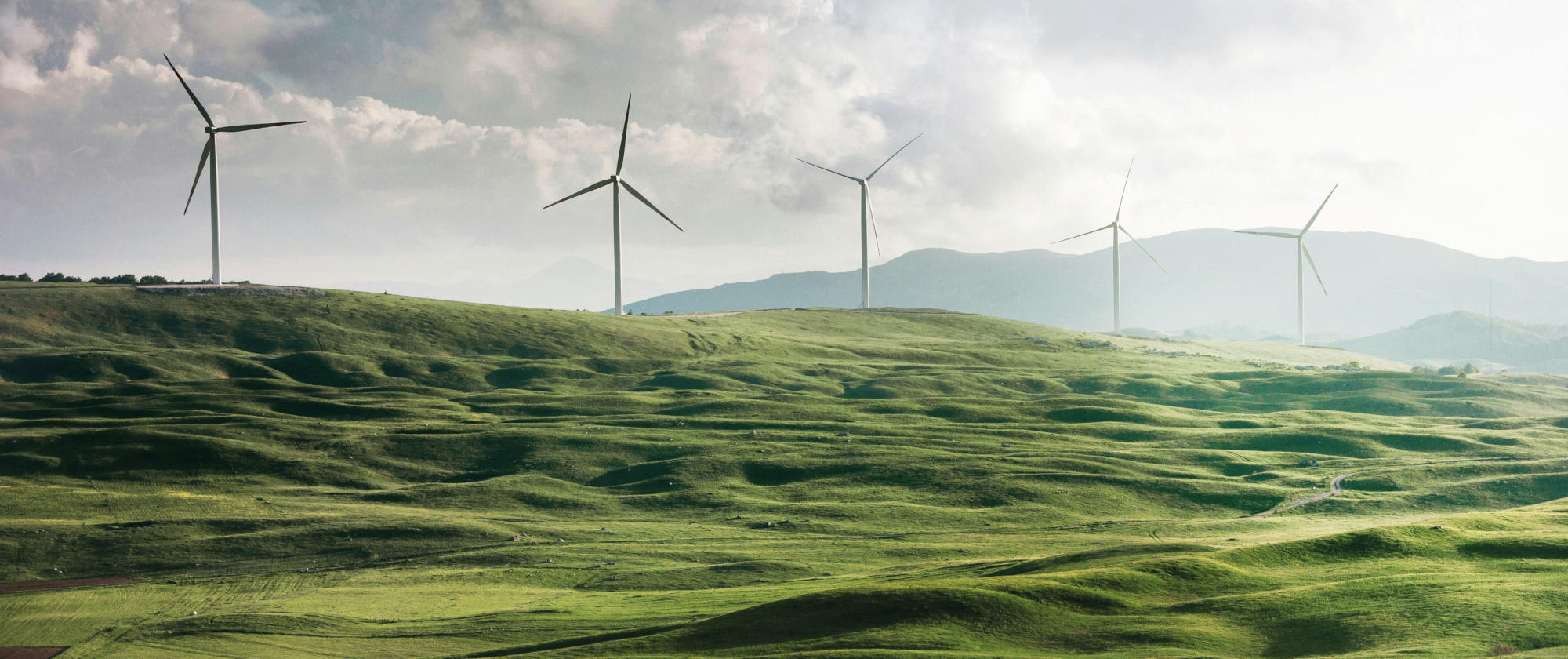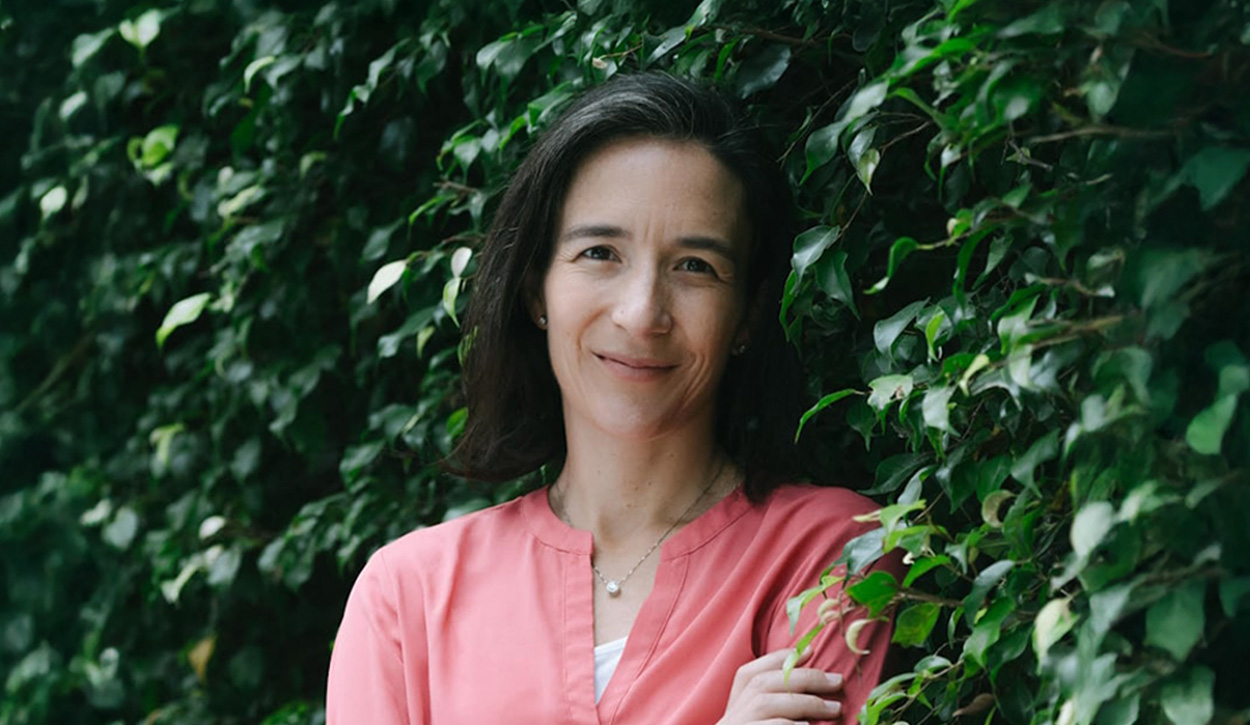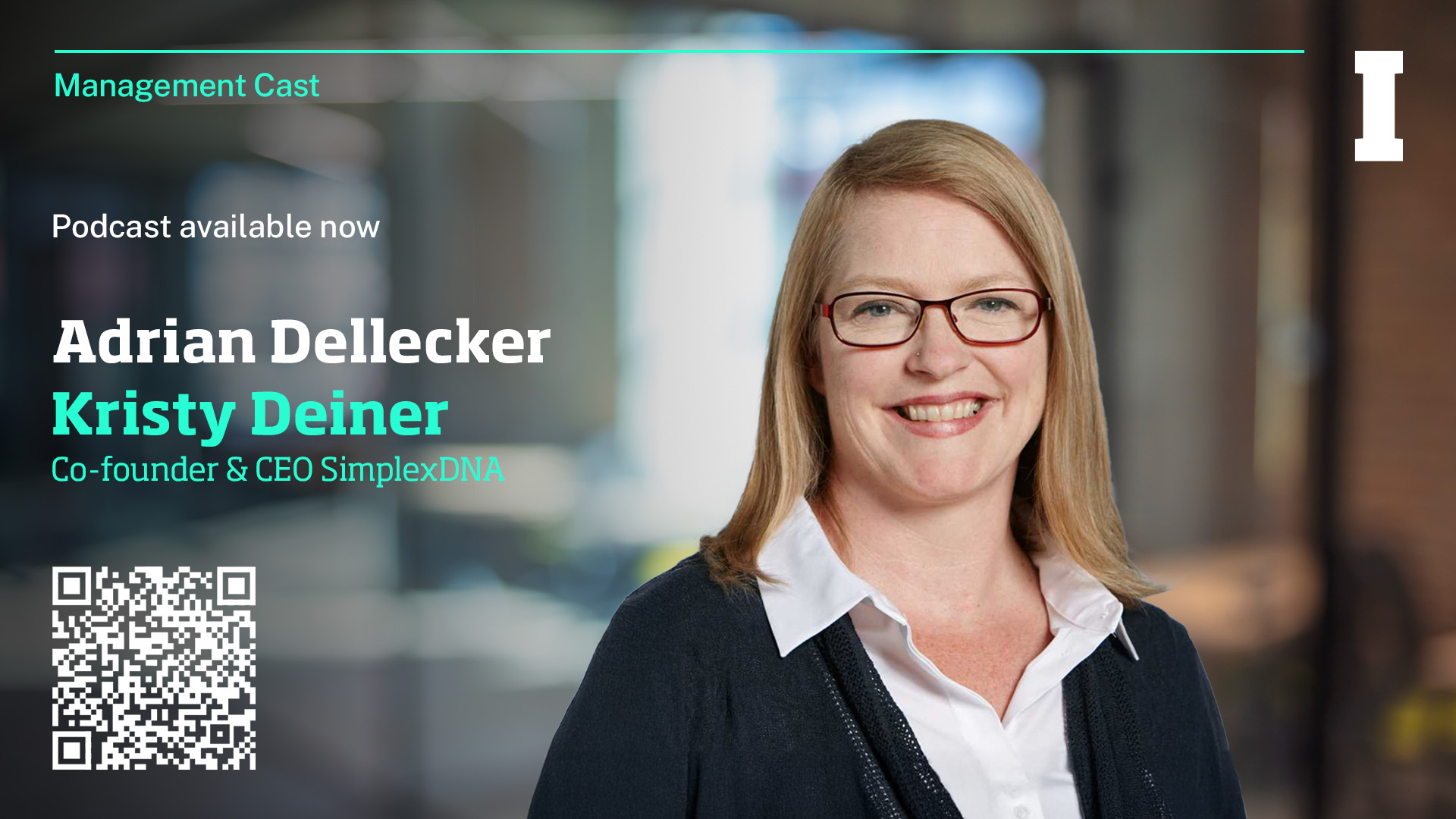ECOALF: Because there is no Planet B
MADRID, MARCH 2019. ECOALF was born from the belief of Javier Goyeneche that something had to be done to ensure the sustainability of the planet. How was it possible that in 2019 airlines still gave passengers plastic bottles when it was a well-known fact that less than 50% of them would be recycled. ECOALF was Javier’s personal contribution to the quest for a better, more responsible future: a truly sustainable fashion company that did not use up natural resources but sourced only recycled products harvested from the ocean as raw materials. This new generation of products would be of the same or superior quality and design as the best non-recycled products. ECOALF’s early achievements were already making headlines, but positive PR did not free Javier from more mundane financial considerations, as he struggled to raise cash from investors to accelerate the development of the company. Getting to a critical size was a matter of survival for the company, to gain impact and profitability, and investors wanted to see more of that. That required figuring out the business model, an adequate portfolio mix and other strategic considerations. Building a brand on values was never easy but sustainability superseded those reservations and impacted everyone. Indeed, there was no planet B…
- Developing virtuous circular economy models
- Sustainability as opportunity
- Building a fashion brand on sustainability
- Developing a culture on strong values
- Managing growth expectations for stakeholders
- Architecturing the value chain
- ESG profile
Ecoalf, Consumer Goods, Apparel and Fashion, Manufacturing, Textile
2014-2019
Cranfield University
Wharley End Beds MK43 0JR, UK
Tel +44 (0)1234 750903
Email [email protected]
Harvard Business School Publishing
60 Harvard Way, Boston MA 02163, USA
Tel (800) 545-7685 Tel (617)-783-7600
Fax (617) 783-7666
Email [email protected]
NUCB Business School
1-3-1 Nishiki Naka
Nagoya Aichi, Japan 460-0003
Tel +81 52 20 38 111
Email [email protected]
IMD retains all proprietary interests in its case studies and notes. Without prior written permission, IMD cases and notes may not be reproduced, used, translated, included in books or other publications, distributed in any form or by any means, stored in a database or in other retrieval systems. For additional copyright information related to case studies, please contact Case Services.
Research Information & Knowledge Hub for additional information on IMD publications

How a private equity-backed corporate carve-out created a successful, sustainable consulting powerhouse by Benoit Leleux

Explore how innovation, R&D, and policy reforms are reshaping China’s pharmaceutical sector amid rising healthcare demand and demographic shifts.

Discover four proven strategies for sustainable and efficient green transition. Split operations with ring fencing to fast-track your green goals.

Join IMD Senior Researcher Adrian Dellecker and Mariana Sarmiento of Terrasos to explore business opportunities in voluntary biodiversity credits and environmental innovation.

Explore eDNA science with Kristy Deiner on the IMD Management Cast . Learn how genetics, biodiversity, and data analytics shape conservation and the bioeconomy.

Subsidies of renewables has led to electricity prices frequently falling to less than zero leading to opportunities for consumers
The rapid expansion of generative artificial intelligence (GenAI) has delivered significant business advantages, like enhancing automation, efficiency, and decision-making capabilities across industries. However, these innovations come with enviro...

Once corporate activists, today’s CSOs are business integrators. 6 ways the CSO role is evolving: strategist, risk mitigator, innovator, regulator, storyteller, and leader.

AI is revolutionising industry by improving efficiency and driving sustainability. Discover how data-driven insights shape a greener future

Chanel Global CFO and IMD Executive in Residence Philippe Blondiaux explains how finance leaders can sustain a long-term focus on sustainability while addressing short-term challenges.
Research Information & Knowledge Hub for additional information on IMD publications
Research Information & Knowledge Hub for additional information on IMD publications
Research Information & Knowledge Hub for additional information on IMD publications
in I by IMD
Research Information & Knowledge Hub for additional information on IMD publications
in I by IMD
Research Information & Knowledge Hub for additional information on IMD publications
Research Information & Knowledge Hub for additional information on IMD publications
Research Information & Knowledge Hub for additional information on IMD publications
in I by IMD
Research Information & Knowledge Hub for additional information on IMD publications
in I by IMD
Research Information & Knowledge Hub for additional information on IMD publications
in I by IMD
Research Information & Knowledge Hub for additional information on IMD publications

